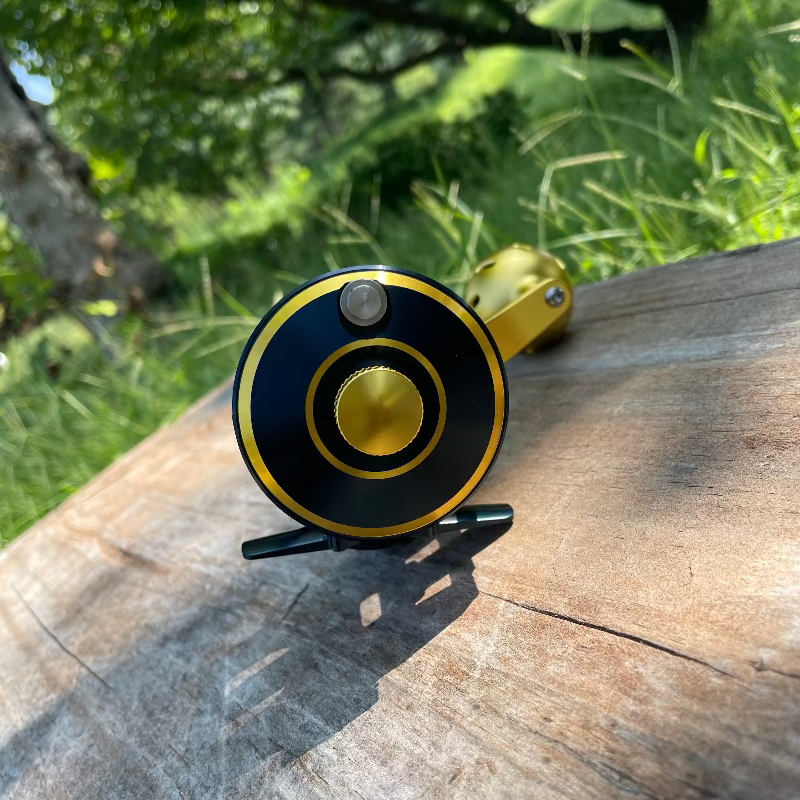🎣 Master the Art of Slow Pitch Rhythm: Elevate Your Saltwater Jigging Game with These Reel Handling Secrets ✨
🌊 Why Slow Pitch Jigging Reigns in Saltwater—And How Your Reel Can Make All the Difference
For saltwater anglers chasing everything from amberjack to marlin, slow pitch jigging reels aren’t just tools—they’re rhythm partners. The key to unlocking explosive catches isn’t just about brute force; it’s about syncing your movements with the ocean’s pulse. In this guide, we’ll dive into proven techniques to master your saltwater fishing rods, graphite fishing reels, and braid lines, transforming your jigging from inconsistent to unstoppable.
🔥 5 Game-Changing Tips for Seamless Slow Pitch Jigging Mastery
1. Choose the Right Reel-Rod Synergy: Balance Power & Sensitivity
Your jigging rod and reel combo is a team. Look for reels with a low gear ratio (5.0:1–6.3:1) for smooth, controlled retrieves and a drag system that transitions from light finesse to aggressive runs. Pair it with a modular graphite rod—its sensitivity lets you feel every nibble, while its backbone handles fish that fight dirty. Pro tip: Match reel size to jig weight (e.g., 200g–300g jigs = 5000–6000 series reels).
2. Tame the Braid: Why Braided Lines Are a Slow Pitch Game-Changer
Ditch monofilament for braided fishing lines—their zero-stretch properties amplify your jig’s movement and bite detection. Start with a 30–50lb test for inshore, scaling up to 80lb+ for offshore brutes. Back your braid with a 15–20lb fluorocarbon leader to cut through water and avoid line twist. Remember: Consistent line lay on the spool prevents tangles and ensures rhythmic flow.
3. Rhythm Over Repetition: The Science of Slow Pitch Timing
Slow pitch jigging isn’t “slow” as in lazy—it’s deliberate. Master the pendulum swing: Release the jig with a flick of the wrist, letting it dive on a slack line, then pause briefly before lifting. This mimics injured baitfish, triggering predatory strikes. Vary your lift height (6–12ft) and pause length (2–5 seconds) based on depth and species—consistency in rhythm beats raw speed every time.
4. Reel Maintenance: Keep Your Partner in Peak Performance
A well-oiled reel is a happy reel. After each trip, rinse your graphite fishing reel with fresh water to prevent salt corrosion, and lubricate the drag washers with a high-quality reel oil. Check for line twists in the spool—untwisted braid ensures smoother casts and retrieves. Pro tip: Store reels horizontally to maintain drag balance.
5. Adapt to Conditions: From Calm Seas to Rolling Swells
Turbulence demands adjustments. In calm water, use shorter, sharper lifts to create vibration. In rough seas, lengthen your pauses and rely on the reel’s drag to absorb shock—let the jig “dance” with the waves, not fight them. Your ability to read conditions and tweak your reel’s response separates weekend warriors from pros.
💡 Why Detail Matters: From Gear to Mindset
Slow pitch jigging success hinges on treating your saltwater tackle boxes as extensions of your skill. Organize your jigs by weight and color for quick switches, and carry a small screwdriver for on-the-fly reel tweaks. But more than gear, it’s about confidence—trust your reel’s design, trust your rhythm, and let the ocean respond.
🌟 Final Bite: The Journey to Jigging Perfection
There’s no shortcut to mastering slow pitch—only patience, practice, and the right tools. Your slow pitch jigging reels are designed to amplify your skill, but it’s your connection to the rhythm that turns catches into legends. Remember: Every cast is a chance to refine your craft. Go out there, feel the water, and let your reel be the conductor of your underwater symphony.








0 comments